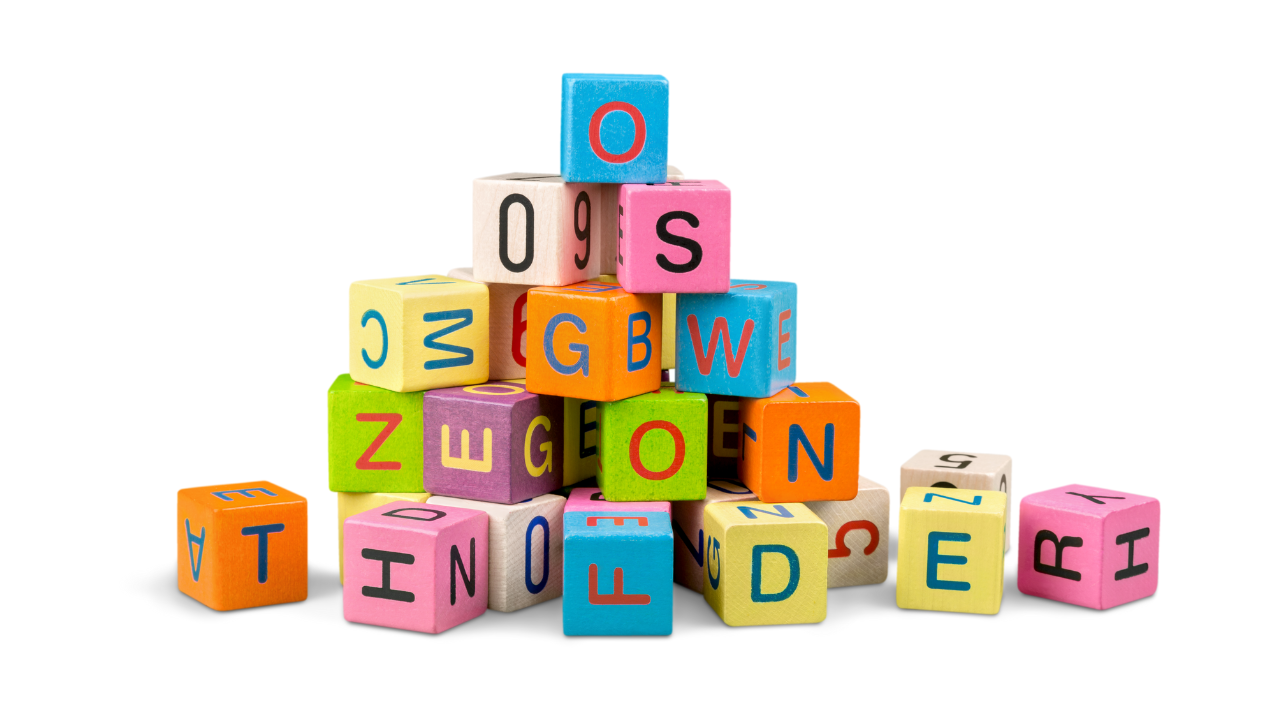List of 100 5 letter words ending in e:
| Brave | Mouse | Bride | Awake | Maple |
| House | Stone | Sense | Space | Cycle |
| Table | Dance | Drive | Peace | Knife |
| Flame | Share | Frame | Theme | Phone |
| Smile | Grape | Voice | Alive | Shade |
| Slide | Plane | Olive | Horse | Taste |
| Frame | Globe | Snake | Range | Smoke |
| Prize | Pulse | Judge | Phase | Gorge |
| Blaze | Brave | Blame | Ample | Ankle |
| Arise | Abide | Acute | Afire | Agree |
| Badge | Bible | Vogue | Value | Unite |
| Bathe | Blade | Brace | Chafe | Chime |
| Fence | Hence | Apple | Aside | Crepe |
| Flare | Crude | Dance | Drake | Drove |
| Force | Quake | Shale | Snore | Stave |
| Froze | Raise | Shore | Snare | Store |
| Flume | Rhyme | Smile | Stake | swipe |
| Trice | wrote | Where | Vague | Three |
| Trove | Whose | Whole | Verge | Title |
| Twine | Whine | Worse | Voice | Tribe |
Words containing five letters that end with ‘E’: Exploring Their Versatility
The five-letter words ending in ‘E’ are among the most versatile and diverse components of language. From everyday conversation to literary works, these words convey meaning, evoke emotions, and paint vivid images. The richness and variety of these words can be explored through their usage, significance, and impact.
Expression’s foundation
Our vocabulary is dominated by five-letter words ending in ‘E. Constructing sentences and articulating thoughts is made possible by them. Words like “pride,” “sense,” and “grape” are examples of simple yet powerful words that are part of our everyday speech. For effective communication, they provide the necessary structure, whether in casual conversations or formal writing.
A wide range of applications
It is their versatility that makes five-letter words ending in ‘E’ so appealing. A noun can be used as a verb, an adjective can be used as an adverb, and they cover a wide range of speech parts. They can adapt to different contexts and convey a wide range of meanings because of their versatility. “Brave” can be used both as an adjective (“a brave warrior”) as well as a verb (“to brave the storm”).
Creating an emotional response
The power of words is to evoke emotions and stir the soul. There is no exception when it comes to five-letter words ending in ‘E.’ Inherently, they convey meanings and connotations that resonate with both readers and listeners. Words like “smile,” “peace,” and “love” have the power to lift spirits, foster connections, and inspire positivity, making them invaluable tools for expressing feelings.
Enhancing description quality
When it comes to descriptive writing, precision and clarity of language are paramount. A range of options are available for enhancing descriptions and painting vivid scenes with five-letter words ending in ‘E’. These words add depth and richness to literary compositions, whether they describe a “pale” moonlight, a “vivid” sunset, or a “gentle” breeze in the summer.
Importance in Literature
In the world of literature, five-letter words ending in ‘E’ hold significant sway. In poetry, prose, and other forms of creative writing, every word is carefully selected to convey a specific mood or message. Through the use of these words, authors and poets craft compelling narratives, evoke imagery, and evoke emotional responses from their audiences.
The Literature Provides Examples
A variety of literary works highlight the beauty and versatility of five-letter words ending in ‘E.’ In Shakespeare’s play “Romeo and Juliet,” the word “truce” refers to a temporary suspension of hostilities, highlighting conflict and reconciliation. As in Jane Austen’s classic novel “Pride and Prejudice,” the word “pride” serves as a central motif that explores the complexities of human nature.
Usage daily
Although these words are prominent in literature, they are also part of our everyday language. Our speech and writing are peppered with five-letter words ending in ‘E’, seamlessly blending into the fabric of our communication, whether we are talking to friends, sending texts, or writing emails. Language’s ubiquity underscores their importance.
Benefits for Cognitive Development
It is also possible to benefit cognitively from using five-letter words that end in ‘E’. Engaging with language, whether through reading, writing, or conversation, stimulates a variety of cognitive processes, including memory, attention, and problem-solving. As we expand our vocabulary and become fluent with these words, we exercise our mental faculties and enhance our linguistic abilities.
Games and puzzles based on words
There is no shortage of opportunities for enjoyment and mental stimulation in word games and puzzles using five-letter words that end in ‘E.’ Scrabble, crossword puzzles, and word searches all offer a diverse range of options for players to explore. In addition to adding a layer of challenge and excitement to these games, their presence keeps players engaged and entertained.
In summary
In conclusion, five-letter words ending in ‘E’ play an important role in many aspects of communication, from everyday conversations to literary expression. Our linguistic repertoire is incomplete without these versatile, emotive, and cognitive elements. It is these words that enrich our interactions and contribute to the vibrant tapestry of human expression, whether we are writing prose, engaging in conversation, or playing word games.
Also Read:
